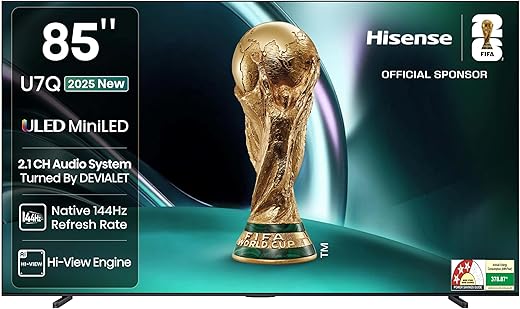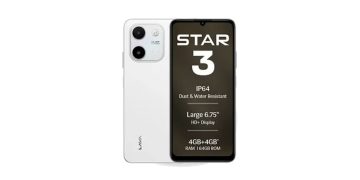Toyota and Suzuki have joined forces to develop new mini electric vans, and together with Daihatsu Motor, they have created a battery electric vehicle (BEV) system. This collaboration aims to pave the way for a new generation of electric minivans, leveraging an innovative BEV platform.
As Toyota expands its presence in the electric vehicle (EV) market, the company is focusing on accelerating its BEV strategy under the leadership of CEO Koji Sato. With plans to introduce ten new EV models by 2026 and achieve annual sales of approximately 1.5 million units, Toyota is positioning itself as a key player in the EV segment.
Toyota’s EV Strategy
Toyota is actively driving its BEV strategy, recognizing the growing importance of EVs in the automotive industry. The company aims to overcome the lukewarm reception of its first EV, the bZ4X, by introducing a range of new offerings. Last month, Toyota released its second EV, the bZ3, in China, in collaboration with BYD. Additionally, the company has other EV models in its lineup, including the bZ FlexSpace and an aerodynamic sports EV.
The BEV Platform and Future EV Range
The new BEV platform, expected to be operational by 2026, will play a crucial role in expanding the range of Toyota’s EV offerings. The company claims that this technology will effectively double the range of future EVs through the use of highly efficient batteries. Toyota, Suzuki, and Daihatsu Motor will jointly utilize the BEV platform for their upcoming electric minivans. A prototype of the mini electric vans, implementing the co-developed BEV platform, will be showcased at an exhibition hosted by the Japan Automobile Manufacturers Association.
Combining Expertise for Innovative Minivans
The electric minivans will integrate features from Toyota, Suzuki, and Daihatsu models, combining Suzuki’s and Daihatsu’s expertise in small-sized cars with Toyota’s electrification technology. The initial model will be manufactured by Daihatsu, followed by subsequent releases from Toyota and Suzuki by the fourth quarter of 2023. These electric minivans are expected to offer a minimum range of 200km on a full charge, providing efficient and eco-friendly transportation solutions.
Conclusion
Toyota’s collaboration with Suzuki and Daihatsu in developing mini electric vans and an innovative BEV platform marks a significant step in the company’s EV strategy. With ambitious plans to introduce a range of new EV models and achieve substantial sales figures, Toyota aims to establish a strong presence in the evolving world of electric mobility. By combining their strengths and expertise, Japanese automakers are poised to deliver innovative and efficient electric minivans that cater to the needs of environmentally conscious consumers.













































































































































































